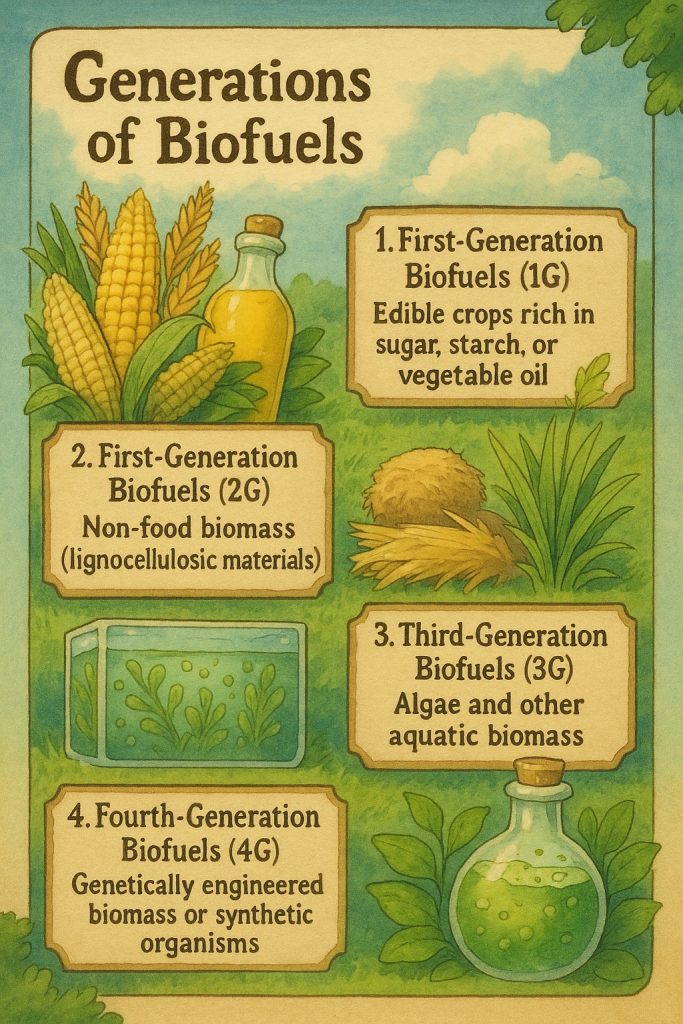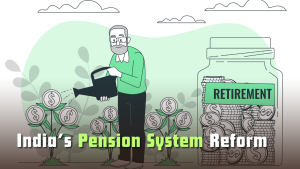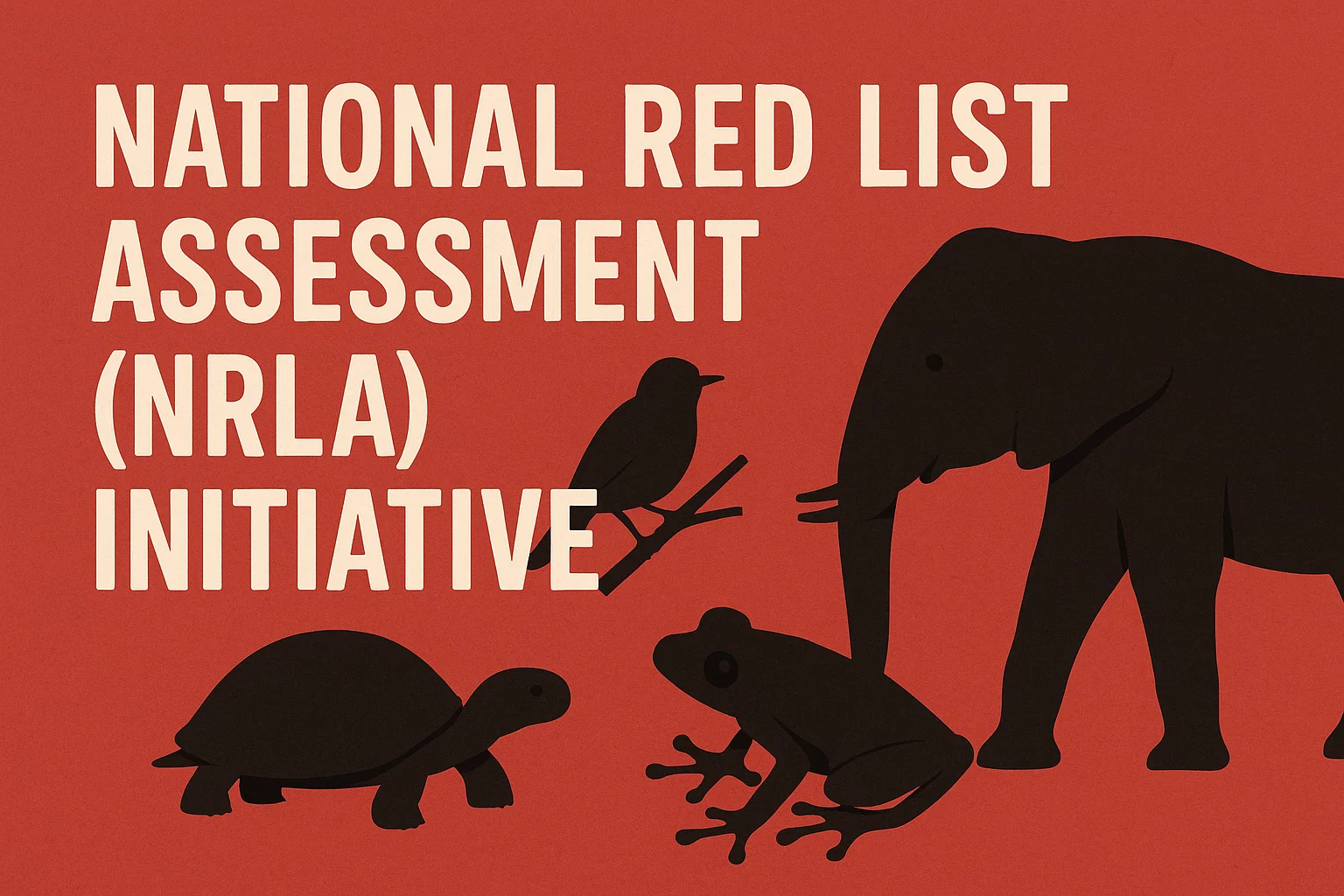Font size:
Print
Biofuels and Global Energy Transition
Energy Transition and Global South Cooperation
Context: Biofuels are emerging as a critical component of the global energy transition, especially in the Global South.

More on News
- As urbanisation and energy demand rise, fossil fuels remain dominant in transportation, but biofuels offer a lower-carbon alternative.
- Compatible with existing infrastructure and capable of decarbonising hard-to-abate sectors like aviation and shipping, biofuels enhance energy security, reduce emissions, and support rural economies.
Role of Biofuels in Energy Transition
-
Market Dynamics & Growth Potential:
-
-
- Biofuels must triple production by 2030 to meet Net Zero Emissions (NZE) targets.
- The global biofuels market was valued at $113 billion in 2024 and is projected to reach $261 billion by 2034, growing at a 6.9% CAGR.
- Road transport leads in biofuel adoption, while aviation and shipping are emerging sectors, expected to drive 75% of new demand by 2030.
- 58 countries have ethanol blending mandates, and 48 enforce biodiesel requirements.
-
-
Key Producers & Policies:
-
-
- U.S., Brazil, EU, India, and Indonesia (80% of global supply).
- Brazil leads with 21% of transport energy from biofuels, supported by RenovaBio, a carbon credit-based policy.
- India aims for 20% ethanol blending by 2025, doubling its 2022 levels.
- Indonesia targets 50% biodiesel blending by 2028, leveraging palm oil resources.
-
-
Investment & Innovation:
-
- Private sector investments are shifting toward drop-in fuels (e.g., renewable diesel, biojet, biomethane).
- Brazil’s Raízen is investing $2 billion in second-gen ethanol and biogas plants.
- India is funding 5,000 compressed biogas plants and hydrogen-methane pilot projects.
Challenges & Solutions
-
Cost & Feedstock Competition:
-
-
- Biojet and biomethane remain 2x more expensive than fossil fuels.
- Food vs. fuel debate: Expansion risks deforestation and biodiversity loss.
- Solution: Invest in second- and third-generation biofuels (e.g., algae, agricultural waste).
-
-
Policy & Regulatory Gaps:
-
-
- Blending mandates and sustainability certifications (e.g., ISCC) are crucial.
- Emerging economies need stronger incentives to match U.S. and EU policies.
-
-
Global Collaboration:
-
- The Global Biofuels Alliance (GBA) fosters cross-country learning and technology transfer.
- Brazil, India, and Indonesia serve as models for sustainable biofuel policies.
Strategic Roadmap: Building a Resilient Biofuel Future
To unlock the full potential of biofuel production in India, a multi-pronged strategy is essential:
- Regulatory Strengthening: Standardise ethanol transport regulations across states. Expand permissible feedstock categories, especially untapped agricultural waste (estimated at ~500 million tonnes annually).
- Institutional Reform: Establish inter-ministerial working groups. Implement a single-window approval system for biofuel-related projects.
- Economic Incentives: Promote subsidies for non-traditional feedstocks like lignocellulosic biomass. Ensure timely farmer payments to encourage feedstock supply.
- Infrastructure Development: Expand ethanol blending facilities and storage capacity. Invest in dedicated pipelines and rail-based transport networks. Create regional biofuel production clusters to optimise logistics and resource use.
- Technology & R&D Investment: Support the development of second- and third-generation (2G & 3G) biofuels, which offer higher energy yields and lower emissions. Foster public-private partnerships (PPPs) to accelerate technology deployment.



